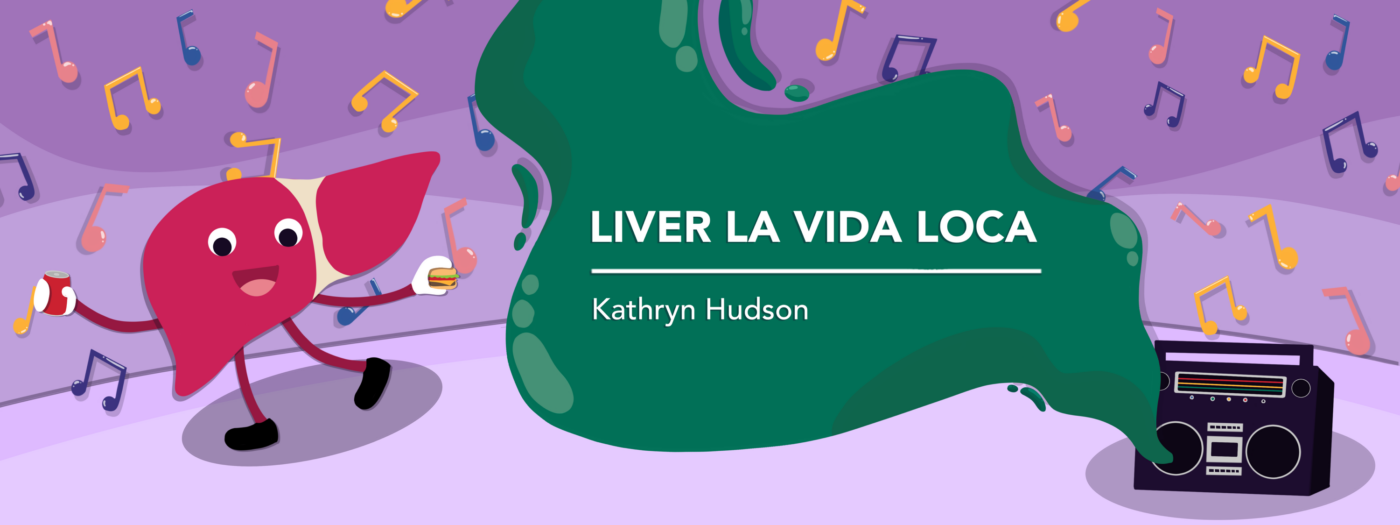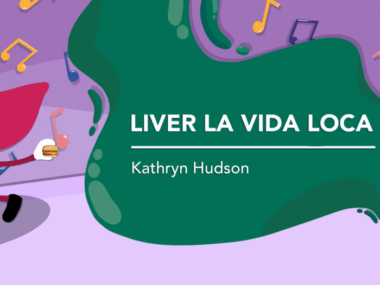Special de-liver-y: How ordering groceries has helped my fatty liver
For me, online shopping makes choosing healthy options easier
Written by |

Every week, like clockwork, I ask my daughter to give me her list of foods she’d like for the week. Since I’ve given up having a car and live in a decent-sized city, it’s pretty easy to walk places, take a bus, catch a rideshare, or simply order groceries online. Because I have physical challenges from lifelong arthritis, I usually go straight to my laptop or phone to place my order — then get back to working in the yard or in my media studio, which is currently under construction. City life is great. For me.
Maybe you don’t live in a city or have many delivery options where you are — I get that. I grew up in a small town in Utah that only got its first traffic light less than five years ago. Still, for some of us, grocery delivery makes sense. And believe it or not, the small town I lived in back in the 1970s had a grocery store that offered delivery. My dad managed the produce department there, and I’d often find him boxing up orders when I stopped by after school. He was proud knowing that the “little old ladies who don’t drive” would still get fresh, healthy food.
It should come as no surprise that with a disease like metabolic dysfunction-associated steatohepatitis (MASH), diet plays a huge role. I know being overweight is likely what caused me to develop this disease. But food is now a part of how I’m healing.
Depending on your stage of MASH, doctors say it’s possible to reverse much — if not all — of the damage by changing how and what you eat. While I’m not here to endorse any specific diet, we all know that most of us don’t eat as well as we should. That’s why I turned to online grocery shopping.
I genuinely enjoy using my delivery service. It allows me to slowly pick and choose what I want. I’m a deliberative shopper. Even when I used to go to the store, I’d start by tossing cheap, ultra-processed foods into the cart, only to replace them later with fruits and veggies before checkout. I still do that — just virtually now. And I get more time to linger.
Time is the secret weapon. After tossing one of my favorite candy bars into my virtual cart, I can walk away from the computer and stew in guilt for a day or two. When I finally kick that candy bar back to the junk food aisle (virtually, of course), it feels like a little victory.
But I’m still human. When I wanted to celebrate my recent birthday with my daughter, I ordered half a round of coconut cake — our favorite. I sent half of it to her dad’s house so they could enjoy it, and so I wouldn’t be as tempted. (The last slice is still in my fridge.)
Shopping this way might sound silly, but it helps me. Another benefit? I can compare prices across different stores without leaving home. Like most people nowadays, I have to watch every penny. Finding healthier food for less — without stepping outside — is nothing short of a miracle.
OK, let’s say you don’t have access to delivery. You still have 24 hours a day, seven days a week with your mouth, right? Choosing what to put in it can, and should, be a powerful motivator. Start with a shopping list. Plan your meals. Don’t go to the store on an empty stomach. When I’m starving, my judgment vanishes. Junk food flirts with me, batting its ultra-processed lashes. And honestly? Choosing a hunk of chocolate over a hunky man is sometimes a no-brainer.
Preparation is key. As my eighth grade history teacher Mr. Horrocks used to say, “Failure to plan is a plan to fail.” (I’m pretty sure someone more famous said it first, but he gets the credit in my book.) Disorganized eating is something we need to resist, especially while managing liver disease. Planning your meals and snacks doesn’t have to be hard. With a scrap of paper — or your phone — you can list out foods that love your liver back.
Call me lazy, but I’ll stand by my online grocery shopping. The days of grabbing a candy bar in the checkout line and handing the cashier an empty, chocolate-smeared wrapper are behind me. I’m sure the cashiers will thank me.
Note: Liver Disease News is strictly a news and information website about the disease. It does not provide medical advice, diagnosis, or treatment. This content is not intended to be a substitute for professional medical advice, diagnosis, or treatment. Always seek the advice of your physician or other qualified health provider with any questions you may have regarding a medical condition. Never disregard professional medical advice or delay in seeking it because of something you have read on this website. The opinions expressed in this column are not those of Liver Disease News or its parent company, Bionews, and are intended to spark discussion about issues pertaining to liver disease.



Leave a comment
Fill in the required fields to post. Your email address will not be published.